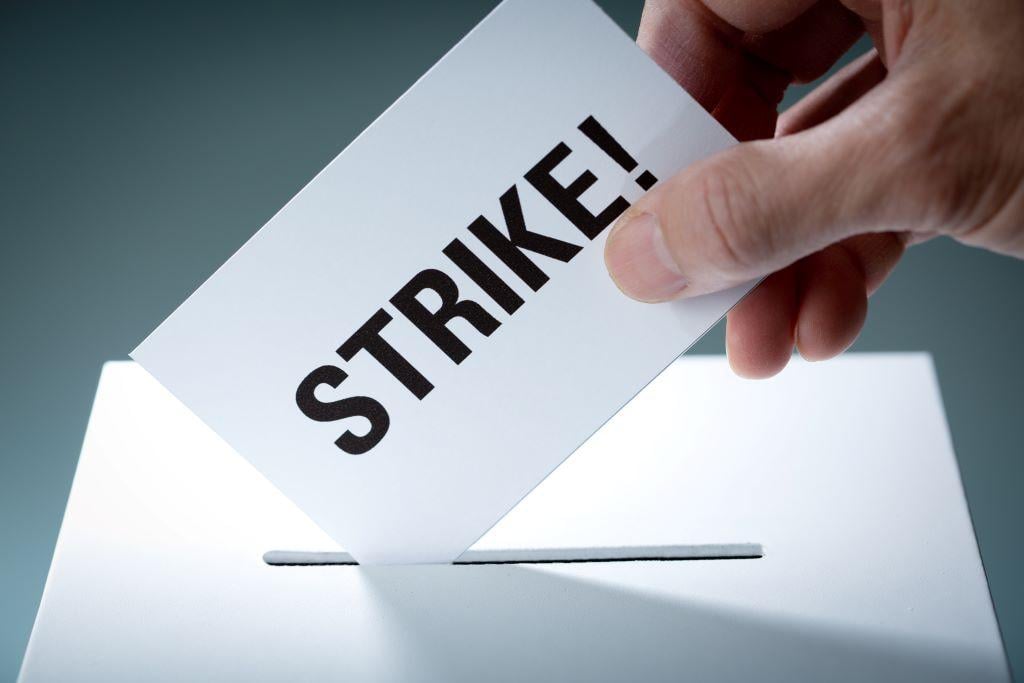Machinists Reject Textron Aviation’s Contract Offer, Vote To Strike

Credit: YinYan/Getty Images
Machinist union members at Textron Aviation overwhelmingly rejected the company’s offer of a new four-year contract Sept. 21 and voted to strike. The International Association of Machinists and Aerospace Workers represent about 5,000 hourly workers at Textron Aviation in Wichita. In rejecting the...
Subscription Required
Machinists Reject Textron Aviation’s Contract Offer, Vote To Strike is published in The Weekly of Business Aviation, an Aviation Week Intelligence Network (AWIN) Market Briefing and is included with your AWIN membership.
Already a member of AWIN or subscribe to The Weekly of Business Aviation through your company? Login with your existing email and password.
Not a member? Learn how you can access the market intelligence and data you need to stay abreast of what's happening in the business aviation community.





